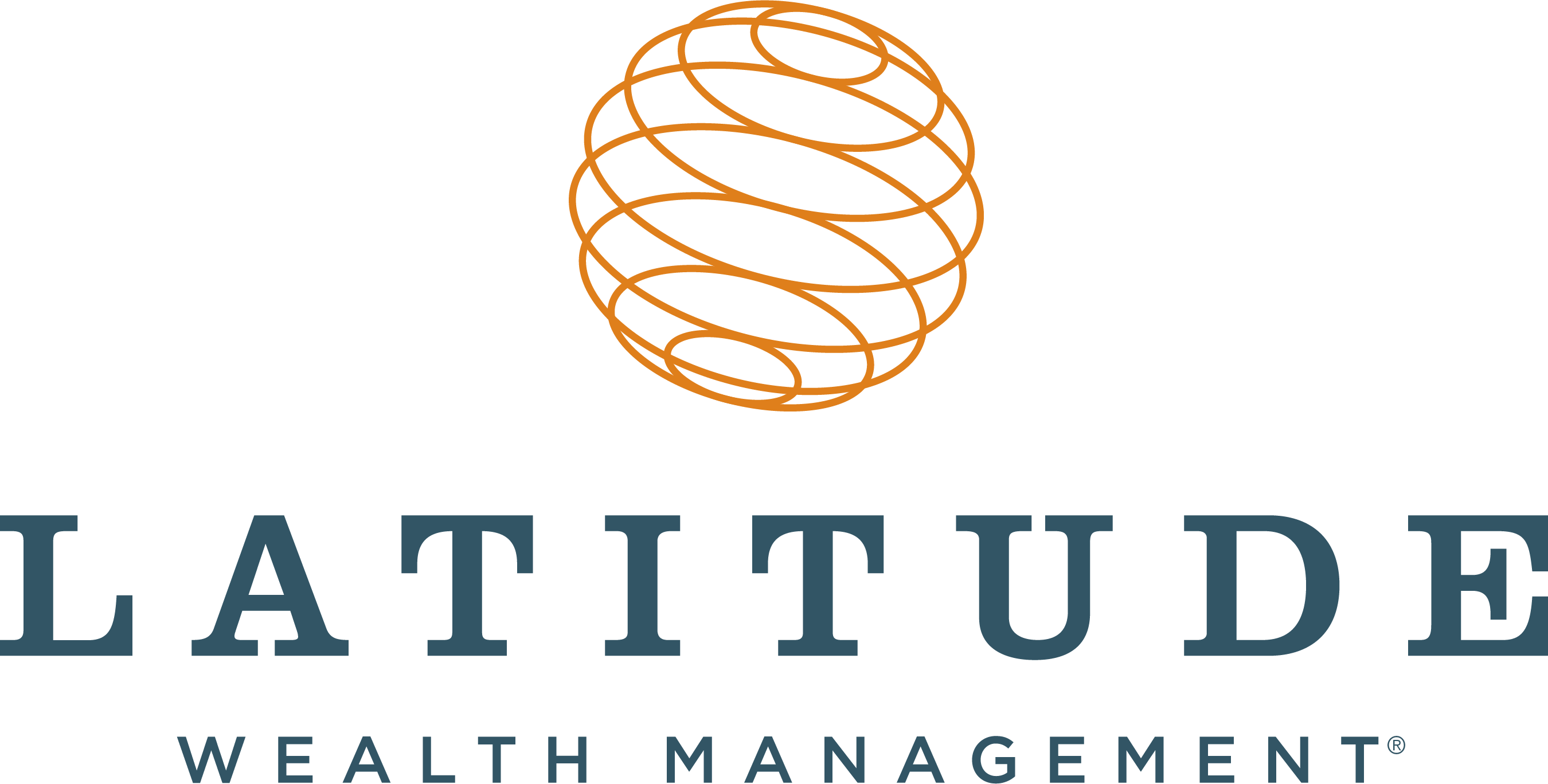Published by Teresa Milner
There is a very important aspect of your life that you need to plan: beneficiary designations. Keeping your beneficiary designations up to date so your assets go to the loved ones you choose is an important aspect of your planning which is often ignored and/or overlooked. If you’re divorced, and you neglect changing the beneficiary on your retirement accounts, you’ll leave your loved ones in a legal battle over determining who the true beneficiary should be. The court may not choose who you would have.
The most likely reason your beneficiary designations will need to be updated is a life changing event. Examples of this would be getting married, having a child, divorce, widowhood, etc. Another reason may be that the beneficiary you designate predeceases you. The unexpected can happen, and by having a plan in place, you will know you have taken care of what can become a burden for the loved ones left to settle your estate. Your beneficiary designations deserve careful attention and are important.
Seek help in making the best decisions in your case. Understand the different types of beneficiaries. For example, there are per-stirpes beneficiaries and per-capita beneficiaries. Do you feel you need to retain some degree of control over the disposition of your assets? Perhaps you should consider having a trust as your beneficiary. There are various types of trusts to consider and some can be very complex and require expertise in order for your wishes to be fulfilled.
Checklist to consider when leaving your legacy:
- Making proper beneficiary designations is a very important part of your financial planning. Be sure to seek competent professional advice regarding this.
- Consider the tax implications with who you designate as the beneficiary.
- Always request a confirmation of receipt of your designated beneficiaries. Documents don’t always reach their intended recipients.
- Make it a habit to check with your financial institution periodically, especially if you had a change in your family situation.
- Consult with your financial advisor to determine if your beneficiary designations are current on all accounts in your portfolio and best suited for your situation.
- It’s a good practice to check your beneficiaries on an annual basis.
It’s not uncommon for beneficiary designations to be overlooked so in order to be sure that your assets will be distributed according to your wishes, be sure this is not an aspect of your life that’s ignored. Where should you start? Contact your financial advisor and they can be your starting point to help ensure your documents are up to date!

